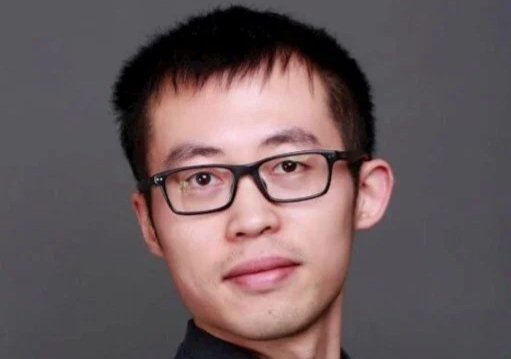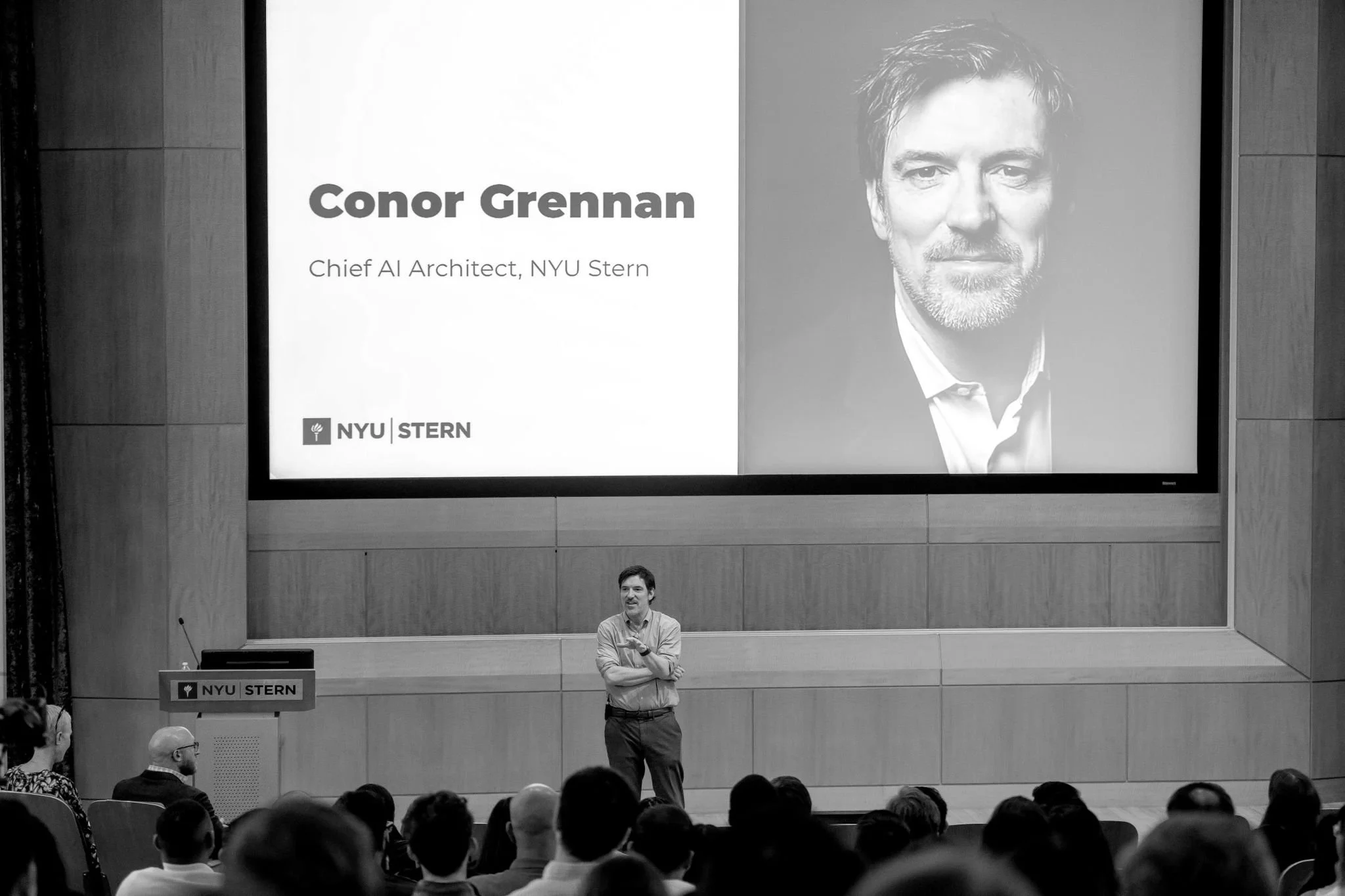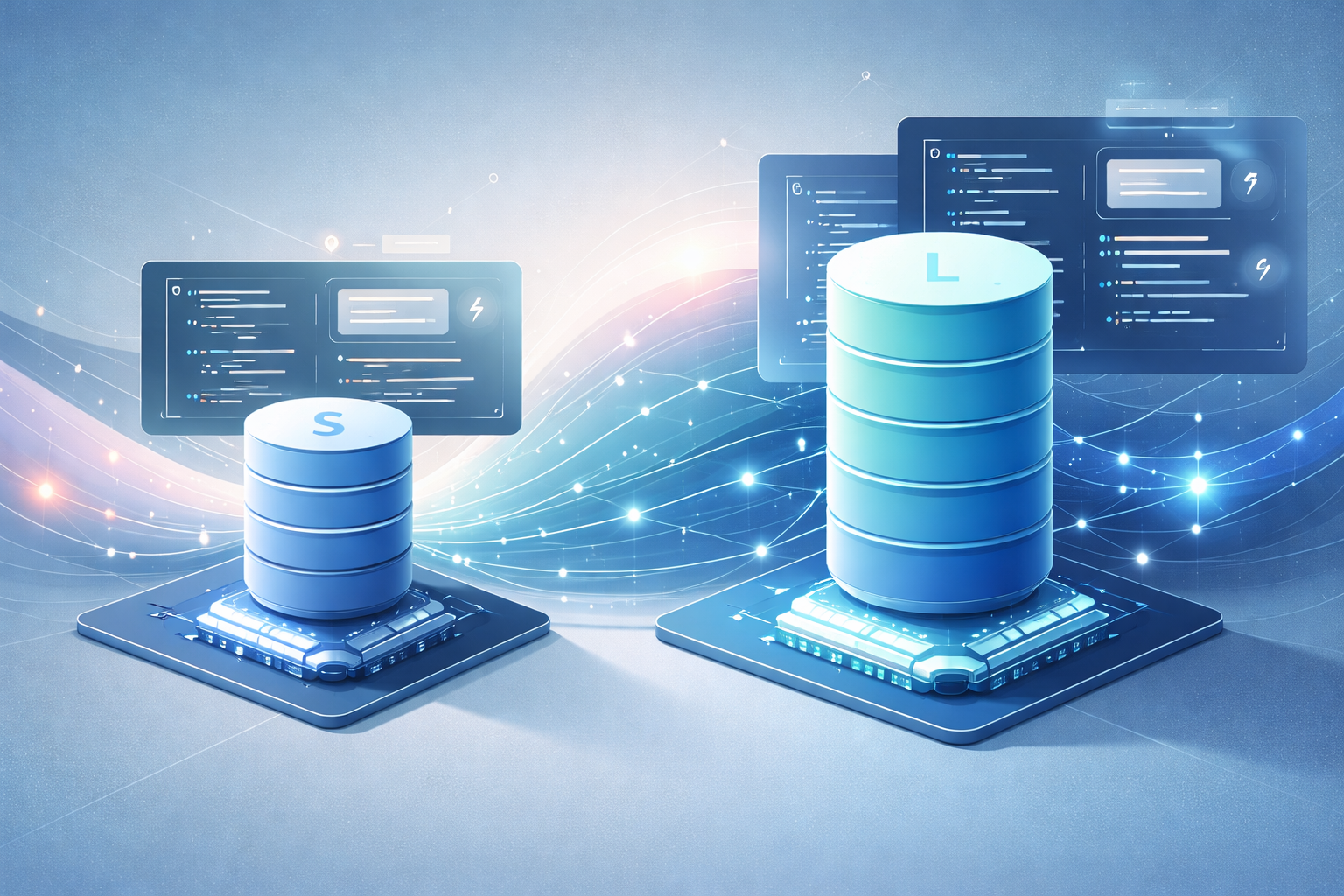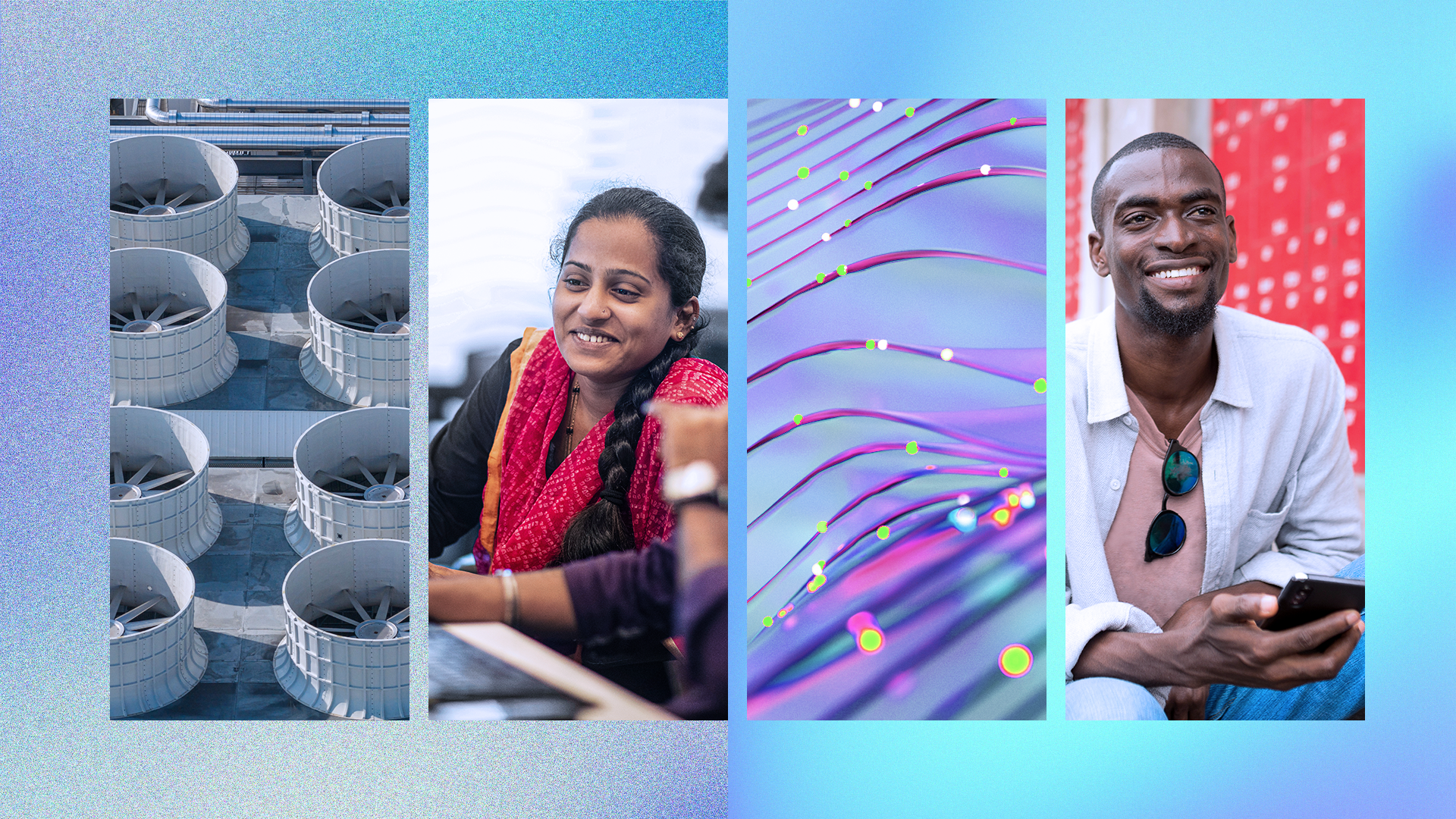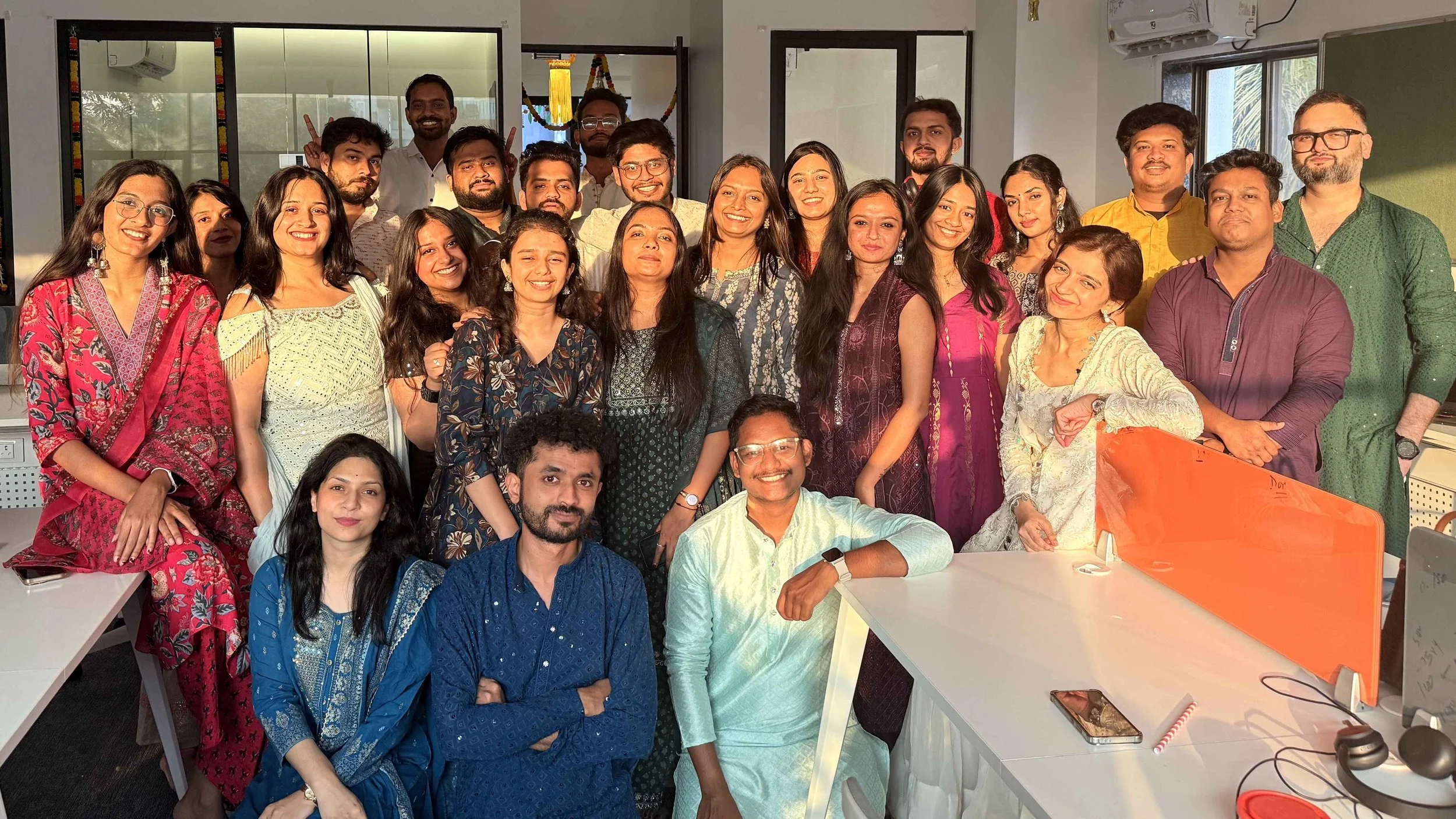Stanford Law rolls out liftlab to rethink AI’s role in the legal profession
Stanford Law School has announced the launch of the Legal Innovation through Frontier Technology Lab (liftlab), an academic initiative examining how artificial intelligence can change the way legal services are delivered.
The launch was shared in a LinkedIn post by Dr. Megan Ma, Executive Director at liftlab, who said she was “incredibly excited for the official launch of our new lab” and “couldn’t be prouder of the team and support we’ve received.”
Liftlab is co-led by Professor Julian Nyarko, Faculty Director of liftlab and Co-Chair of the Stanford Law AI Initiative. The lab brings together legal scholars, data scientists, and industry partners to study how AI can make legal processes not only more efficient but more accessible to society.
Partnerships connect law and technology
The initiative collaborates with leading law firms and technology partners, including Harvey, Cleary Gottlieb, Davis Wright Tremaine, and Vorys. These partnerships allow Stanford researchers to prototype AI tools in real-world legal environments while maintaining an academic commitment to independence and public value.
Nyarko said, “The legal profession has not just an opportunity, but an obligation, to do more than just boost efficiency. We want to understand how technology can surface the expertise and reasoning that underpin the legal system in order to deliver better legal advice, prevent disputes, efficiently train new lawyers, and share the kinds of strategic insights that today only experienced practitioners tend to be able to leverage.”
Projects explore AI in practice
Liftlab’s early work includes several AI-driven prototypes. Among them is a Contractual Drafting Risk Assessment tool that draws on court opinions to identify language most likely to cause disputes. The lab is also developing an AI intake specialist for the Stanford Law Immigrants’ Rights Clinic, capable of conducting multilingual client screenings and freeing attorneys for casework.
Dean George Triantis said, “In liftlab, Nyarko and Ma are bringing together rigorous research and real-world collaboration to shape how emerging technologies can enhance legal judgment, training, and access to justice. I’m proud that Stanford is on the forefront of asking what AI can—and should—do for the legal profession.”
Collaboration drives applied innovation
Dr. Ma said the lab’s focus is on bridging academic research with professional practice. “Our collaborations allow us to develop tools shaped by actual user needs and capable of delivering meaningful value in professional settings,” she explained. “They also help bring transparency and clarity to the metrics that define quality. Many law firms are eager to experiment with AI tools, but lack the time or infrastructure to evaluate these tools rigorously. That’s where we come in—offering a research-backed, neutral space to test, refine, and develop what actually works.”
The ETIH Innovation Awards 2026
The EdTech Innovation Hub Awards celebrate excellence in global education technology, with a particular focus on workforce development, AI integration, and innovative learning solutions across all stages of education.
Now open for entries, the ETIH Innovation Awards 2026 recognize the companies, platforms, and individuals driving transformation in the sector, from AI-driven assessment tools and personalized learning systems, to upskilling solutions and digital platforms that connect learners with real-world outcomes.
Submissions are open to organizations across the UK, the Americas, and internationally. Entries should highlight measurable impact, whether in K–12 classrooms, higher education institutions, or lifelong learning settings.
Winners will be announced on 14 January 2026 as part of an online showcase featuring expert commentary on emerging trends and standout innovation. All winners and finalists will also be featured in our first print magazine, to be distributed at BETT 2026.










